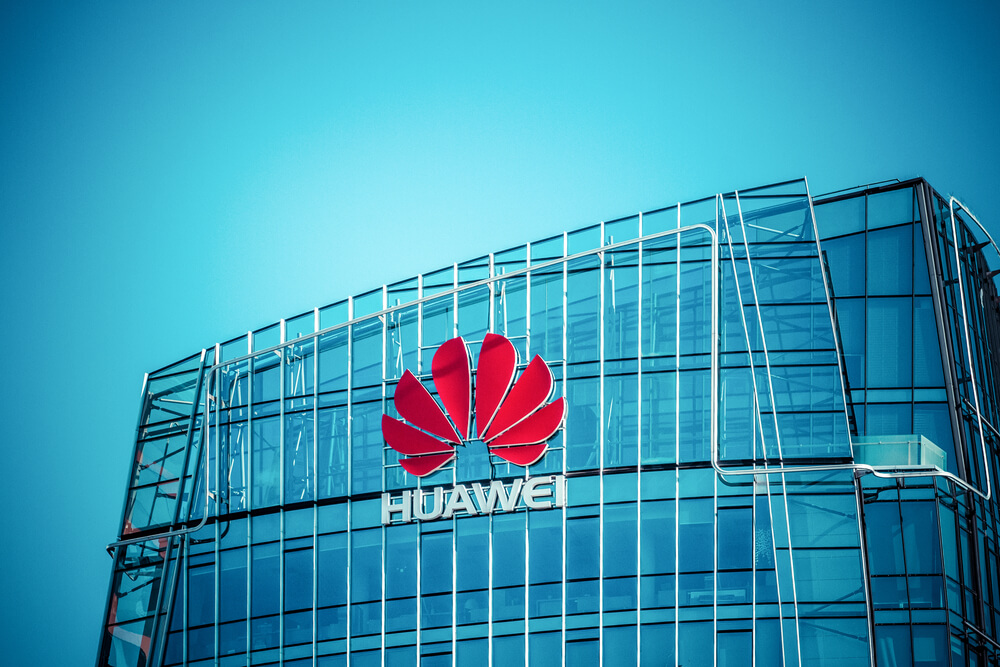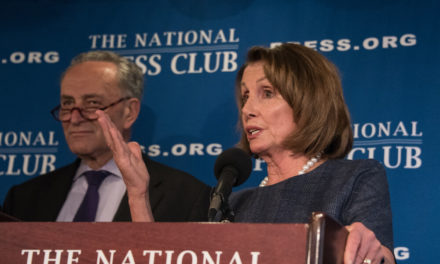A former Canadian diplomat has been detained in China in what appears to be retaliation for the arrest of a Huawei executive at the request of U.S. authorities, a move that has infuriated Beijing and hurt hurt efforts to get a new trade deal done.
It is not immediately clear if the arrest of Michael Kovrig, an employee of International Crisis Group in China, is a direct retaliation for the arrest of Huawei CFO Meng Wanzhou on Dec. 1. Meng is accused by the U.S. of skirting sanctions placed on Iran, and her arrest has stoked fears of reprisal against the foreign business community in China.
Per Reuters:
“International Crisis Group is aware of reports that its North East Asia Senior Adviser, Michael Kovrig, has been detained in China,” the think-tank said in a statement.
“We are doing everything possible to secure additional information on Michael’s whereabouts as well as his prompt and safe release,” it added.
China’s Foreign Ministry and Ministry of Public Security did not respond immediately to questions faxed about Kovrig’s detention.
The exact reason for the detention, which was made sometime early this week, according to the sources, was not immediately clear.
The Canadian embassy declined to comment, referring queries to Ottawa.
Calls to Kovrig’s phones were not answered.
Kovrig speaks Mandarin and worked as a diplomat in Beijing and Hong Kong from 2003 to 2016. He began working full-time for the International Crisis Group in February of 2017.
Following Meng’s arrest, China on Saturday summoned Canada’s ambassador in Beijing and warned of severe “consequences” if Ottawa did not see that she was immediately released.
Meng is set to return to a Vancouver courtroom on Tuesday, as the judge weighs final issues in determining whether she should be freed on bail while awaiting proceedings for her possible extradition to the United States.
Washington has made accusations that Meng misled multinational banks about Huawei’s control of a company operating in Iran, putting the banks at risk of violating U.S. sanctions and incurring severe penalties.
Locked in a bitter trade war, Washington and Beijing earlier this month agreed to delay a planned Jan. 1 increase in U.S. tariffs to 25 percent from 10 percent on $200 billion worth of Chinese goods, allowing more time to negotiate over China’s huge bilateral trade surplus and U.S. complaints that it steals technology.
Chinese experts have said that Beijing was trying to separate Meng’s arrest from the trade negotiations, but also warned that public anger in China over Canada’s move could compel officials there to take measures that would further sour U.S.-China ties and endanger talks.
In 2014, a Canadian couple, Kevin and Julia Garratt, were detained a week after Canada accused China of hacking into the national computer system. Kevin Garratt was charged with spying, but released and deported after he spent two years in detention.




